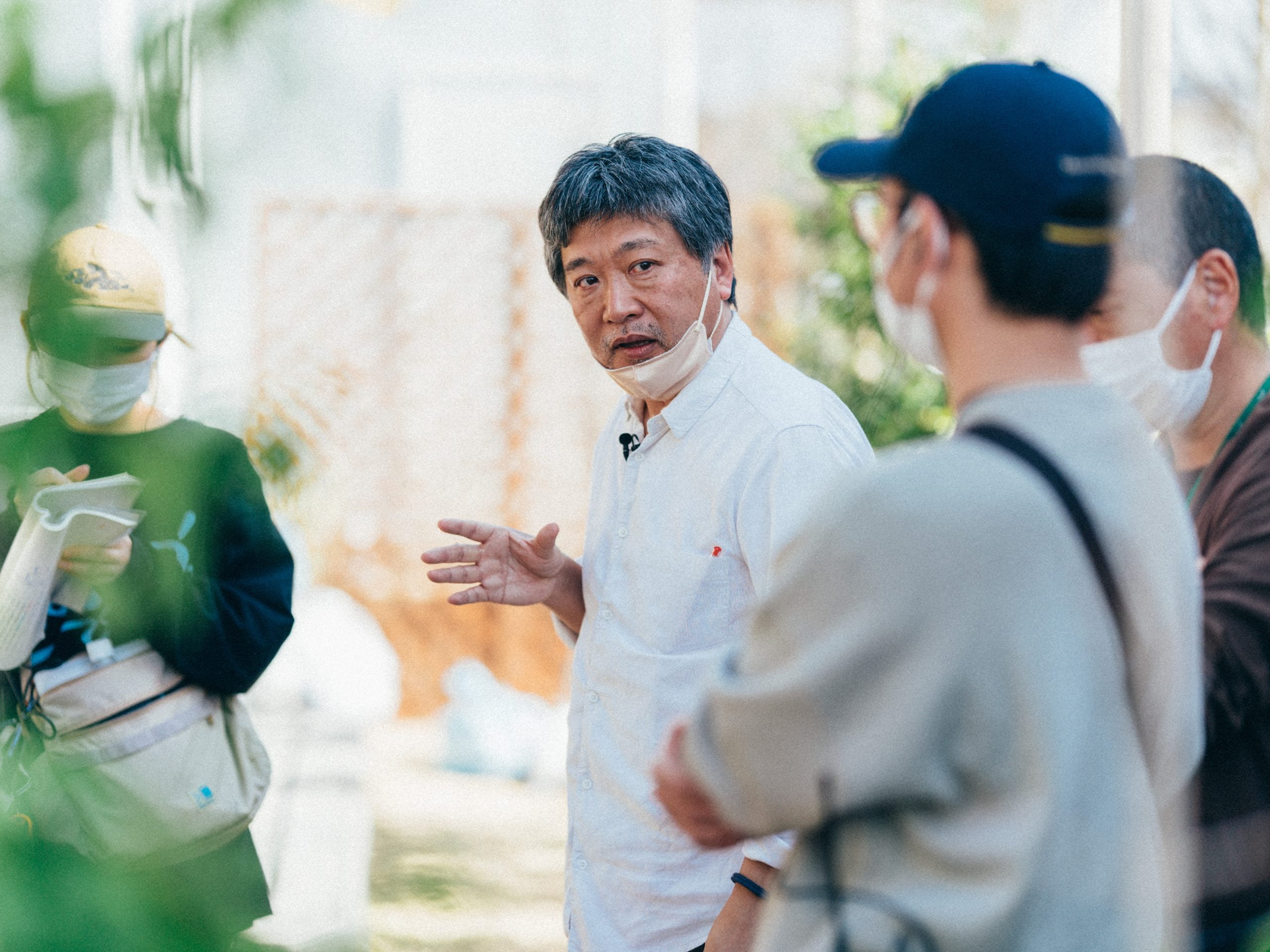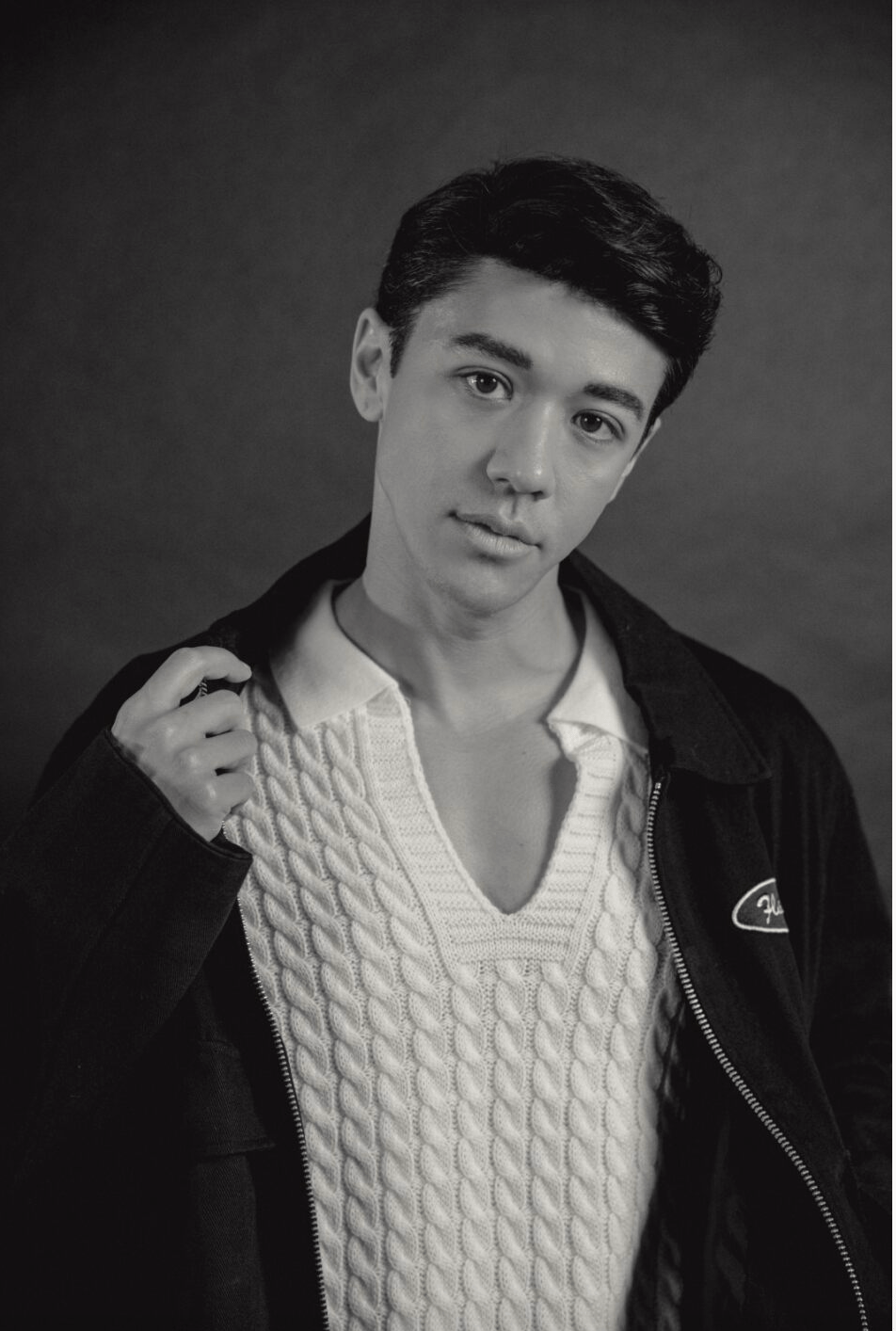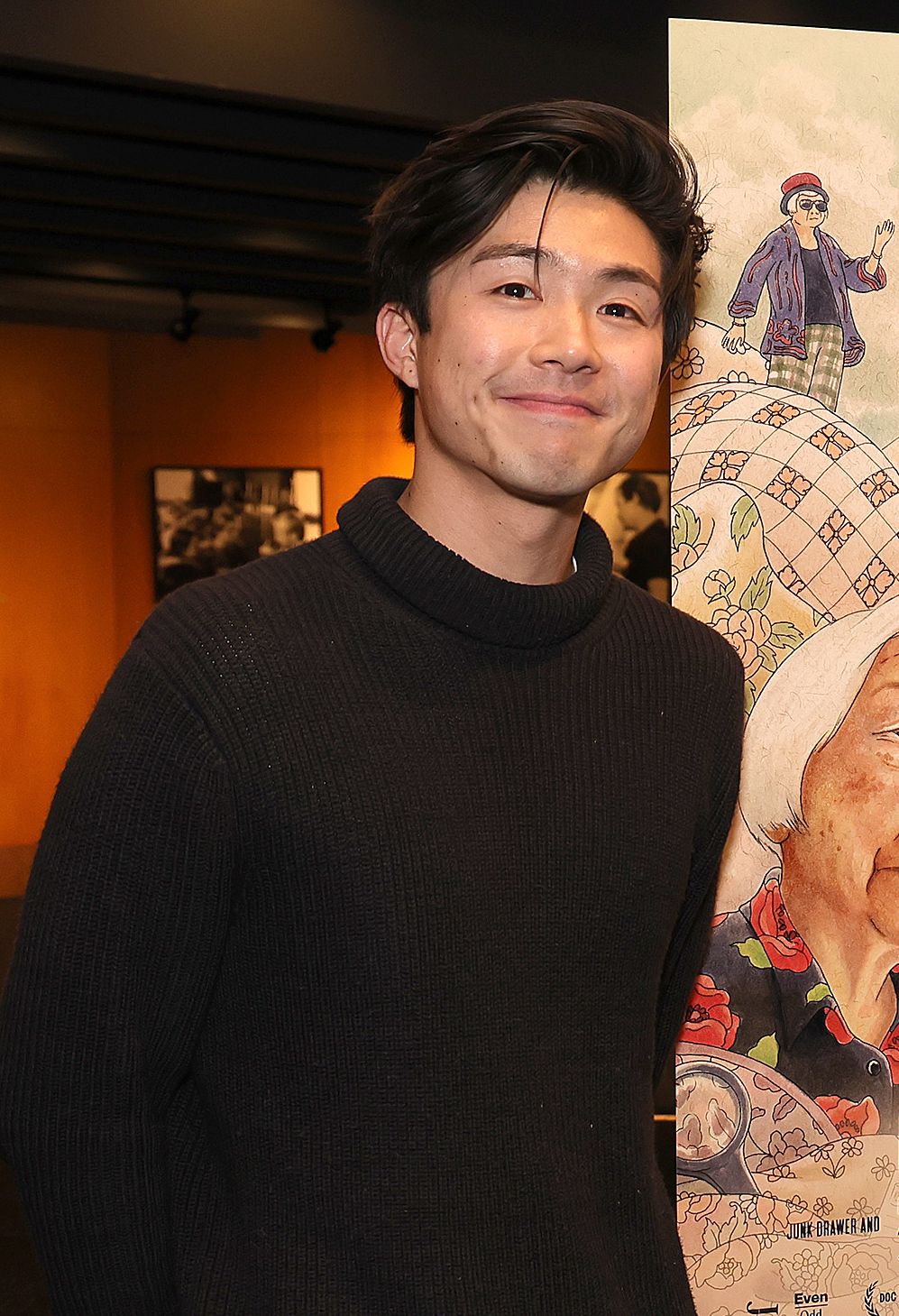
Francesca Sloane
In reimagining Mr. and Mrs. Smith, co-creator and showrunner Francesca Sloane has crafted a thrill ride of a relationship drama that conceals nearly as much beneath its surface as the two spies it follows. Diverging from the 2005 action comedy with which it shares a name, Sloane’s Mr. and Mrs. Smith focuses on two agents who are paired together to pose as a married couple, an unlikely duo whose complex bond progresses with each new challenge to their work and to their deepening relationship.
Stars Donald Glover and Maya Erskine bring nuance and heart to John and Jane Smith, balancing whirlwind espionage and off-kilter romance often simultaneously. While the show is punctuated by a bevy of guest stars and memorable set pieces, it is the odd-couple relationship at the center of the series that was Sloane’s primary focus.
“The conceit of the show came from this desire of wanting safety during the pandemic,” Sloane explains. Having previously worked together on Atlanta, she and Glover constructed the plot of Mr. and Mrs. Smith around questions of “How do you do that if your job is to be an incredible liar and a con artist in order to be a good spy? Then, how are you able to break down walls and show who you really are to actually love someone?”
With the first season of the show out now on Amazon Prime Video, 1883 talks with Sloane about building an action-packed relationship drama, collaborating with Glover, and what’s next.
How did you and Donald Glover decide what you wanted the tone of the show to be?
One of the strengths that Donald and I have separately and collectively is telling in-between moments and putting focus on that. And that’s sort of an unusual way to approach an action spy thriller. We really wanted to focus on the relationship. We really wanted to focus on what would make these two people be a part of a situation like this and be paired in this way.
Then on that note, why do people get married in the first place? What does marriage mean? What does being vulnerable mean and getting close to someone? Then how do you put that in a situation where they’re dealing with spy tropes? And how do you sort of combine those things and blend those things? In terms of humor, we knew that we wanted it to be funny, not necessarily comedy with a capital C, but definitely taking absurd moments that feel almost too real and figuring out ways to laugh at them. Donald and I really like laughing at moments that make people uncomfortable.
What were key thematic inspirations or reference points in building the relationship between these characters?
We watched a lot of things: films from the 70s, Bergman, Hitchcock. But in terms of the truest inspirations to us, it was actually reality television. We watched a lot of ”married at first sight,” especially Love is Blind — those kinds of things because they’re about taking two lonely people and connecting them. You have to wonder, what would make people that lonely want that? What is the motivation? Is it money? Is it to be seen? Is it a genuine connection? So we watched a lot of things like that. We also watched some classic 80s television, like Heart to Heart or Moonlighting. We wanted to take that approach, even in terms of a “mission of the week” type idea, but recalibrate it with the language of television today and see how that felt. And that’s how we arrived at our cuckoo tone.
Both your leads are not only really respected and accomplished as actors, but as writers as well. How did they bring their own personal touches to the characters?
We allowed them to do a lot of improv in terms of the comedy, in terms of their connection, and they really became such fast, beautifully vulnerable friends with each other. Additionally, Maya’s portrayal of Jane brought forth a sense of being very protective of herself, and then slowly those walls came down, displaying the love she found with this person. In many ways, that happened gradually with Maya’s connection with Donald in real-time. She brought that. Maya is also very smart. If a line felt clumsy in her mouth or too scripted, lacking the awkwardness that felt real to her character, she would point it out and say, “Hey, that’s not Jane.” And she was right; it was just a piece of dialogue in a script, and she would remove it.
As for Donald, he’s incredibly smart and quick-thinking. He excelled at becoming the self-proclaimed “golden retriever” character and allowing that character to have moments of being a fool without seeming like a clown— a character who makes genuine mistakes but is proud and doesn’t want to come across as if he’s making mistakes. Donald handled that really well, making the golden retriever character feel like an authentic person. That was very much Donald’s instincts in terms of writing and performance.
Having worked with Donald Glover on Atlanta, how did your creative partnership progress with this show?
So I obviously worked for and with Donald on Atlanta, and we really connected very quickly. I think we have a really similar viewpoint on the world, which when you speak that same language with someone, it creates a very instant connection. We knew we wanted to do something together; we weren’t sure what. At one point he said, “Now that you’re at Amazon, let’s do something together.” At the time, I remember going home and saying to my partner, “Donald said he wants to do something together. It was such a polite, nice thing to do.” And he’s like, “I don’t think he’s being polite. I think he authentically means this.” I just couldn’t imagine that it wasn’t just like a sweet gesture. But lo and behold, on this really hot day in the summer, in the height of the pandemic, he gave me a call and was like, hey, do you want to do Mr. and Mrs. Smith together?
As we kept talking about it, at the time I had just literally gotten married, and we were both very much tossing around the concept of marriage. I was a person who actually never thought I would get married, and so we started talking about why I did. The reasons were really about wanting a connection and wanting to sort of have a partner in life when everything else goes to shit.

Can you share with us some of your experiences shooting on-location?
We watched a ton of French Connection and a lot of films from the 70s, which just makes you want to dive into Mean Streets and all the things that nerds like us enjoy. Initially, we said it should take place in New York, and this might sound a little silly, but people just instantly seem smarter if they can handle New York City. So let’s put these two in New York, versus any other city in the world.
We were very sure that’s where we wanted it to be, especially in this gorgeous brownstone in the middle of New York. Living in New York in that way is such a fantasy. But then in terms of set pieces and shooting, we had the greatest producer ever. He’s this very old-school New York cinema guy named Anthony Katagas, and he rounded up a great location team. We basically said anything that can feel iconic or like a genuine headache to shoot there, like a stinky, loud subway. Funny enough, people write about alleys all the time in scripts, but there are like only two alleys actually in New York City. So we miraculously found one of the two alleys that happened to lead to this door of a kitchen.
It was always exhausting dealing with the chaos of shooting in New York, letting real life seep in while still keeping the train moving and dealing with sound. It was chaotic but always so much fun, and I feel like it was really worth it. The proof is in the pudding. Maya and Donald were always down for anything. They were in every single scene. I think we tired them out beyond belief, but they always did it, and we always found ways in between takes to laugh with each other and take it all in.
At one point, we were shooting in the heart of Manhattan, this crazy car chase scene. It was day one, actually. It’s bright light, it’s New York City, and it’s like the three of us, sort of like lonely, sweet losers. We looked around and were like, guys, look what we’re doing. This is crazy. So we definitely took it in as we were doing it.
Having finished the first season, what’s next for you? And what will you take from Mr. and Mrs. Smith to your next project?
The hope is that there are more opportunities around the corner, for sure. There have been talks of potentially a season two. I am a big believer that if you’re going to do something like that, you definitely have to surpass the first one. So the only way to do that would be if we got the opportunity to make it even better than the first, and apply all the lessons I’ve learned to the next thing.
In general, I just really want to keep telling stories that are also a fun hang in the way that I’m telling them, in terms of collaboration, which this one certainly was. We worked with all of our friends; it was a beautiful thing. Bringing that forward and telling real, vulnerable character-based work, making people feel something, hopefully, making myself and people feel a little uncomfortable—just continue going down that path.
Mr. and Mrs. Smith is streaming now on Amazon Prime.
Interview Juliana Ogarrio
Photography Luis Mendoza





